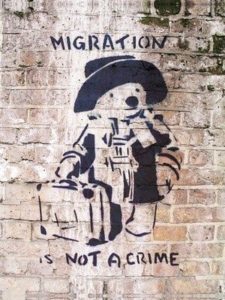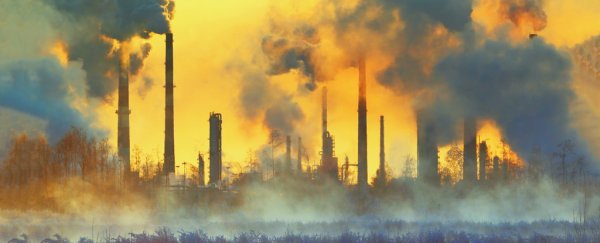IMAGE NINE
THE PLIGHT OF THE REFUGEE: “HELL ON EARTH”
 The goal of this section is to meditate on the plight of the refugee, not necessarily to get into the nitty-gritty political questions surrounding the world refugee crisis. To this end, I would like you to be prepared to talk about the following issues:
The goal of this section is to meditate on the plight of the refugee, not necessarily to get into the nitty-gritty political questions surrounding the world refugee crisis. To this end, I would like you to be prepared to talk about the following issues:
What does it mean to be a refugee?
Why do we, as human beings, struggle with the issue of empathy?
If we should be empathetic, how can we be sure that we will be?
Jesus was a refugee: She brought forth her firstborn son, and she wrapped him in bands of cloth, and laid him in a feeding trough, because there was no room for them in the inn (World English Bible)
24. Tuesday, November 26
Discussion:
Thanksgiving Holiday: November 28 – December 1
25. Tuesday, December 3
Discussion:
IMAGE TEN

GLOBAL CLIMATE CHANGE: “The Fires of Hell”
26. Thursday, December 5
Discussion: Do we have the same moral obligation to care for our planet that we have to care for our fellow human beings?
Fourth National Climate Assessment (2017): Official Report to the US Congress and President: READ the summary points in italics HERE
Pope Francis. Laudato Si’: A Summary : PRINT AND READ THE SUMMARY OF EACH BULLETED ITEM Concentrate in particular on Parts 2, 4, 6.
A. James McAdams, “Post-Truth, Climate Change and the Idea of the Modern Catholic University” PRINT AND READ
Interview with Leonardo Boff: PRINT AND RE-READ
“Trump on Climate Change”: READ
28. Tuesday, December 10
29.Thursday, December 12:
Office hours
Your final essay assignment is HERE
¥
Ecclesiastes 9:11 “I returned, and saw under the sun, that the race is not to the swift, nor the battle to the strong, neither yet bread to the wise, nor yet riches to men of understanding, nor yet favor to men of skill; but time and chance happen to them all.
